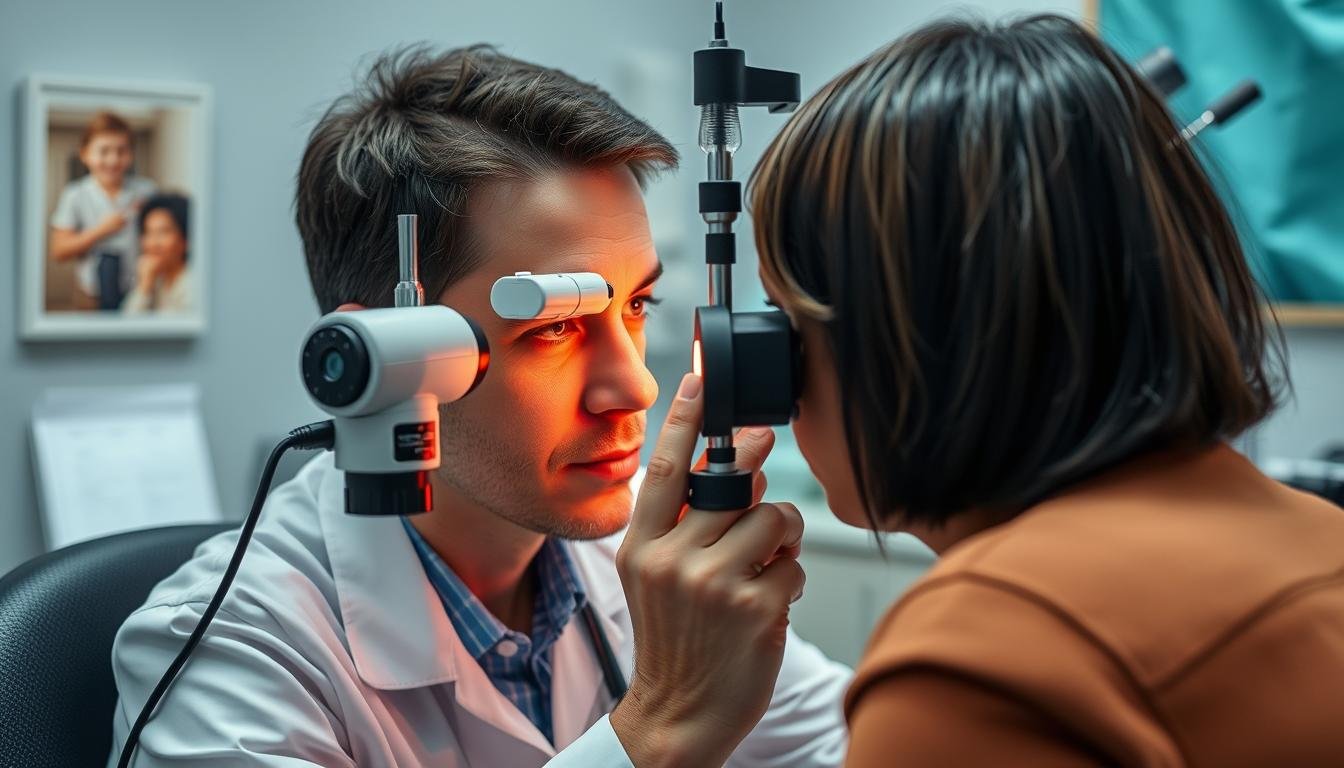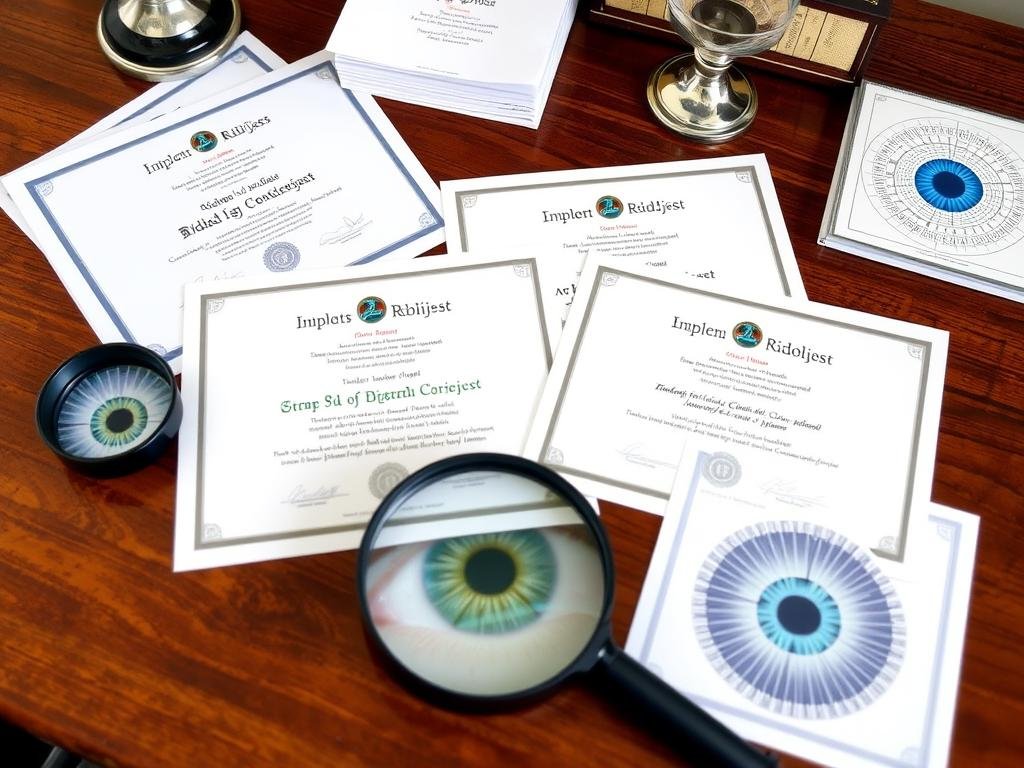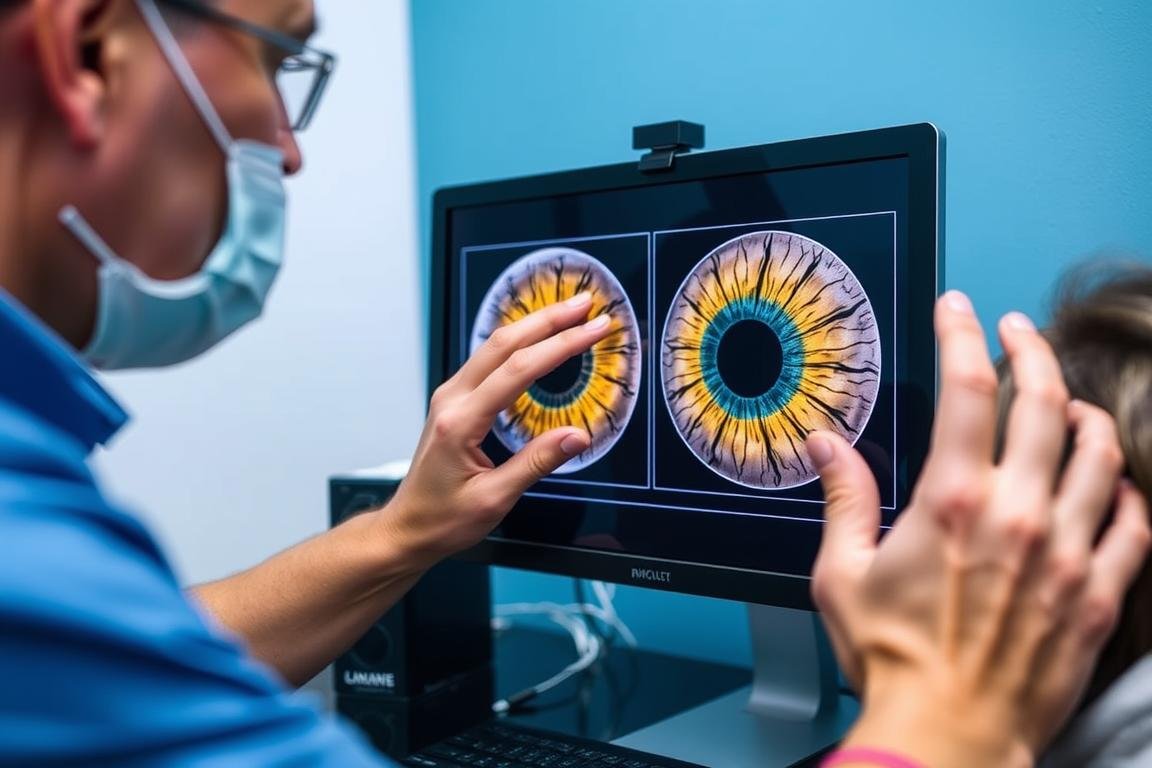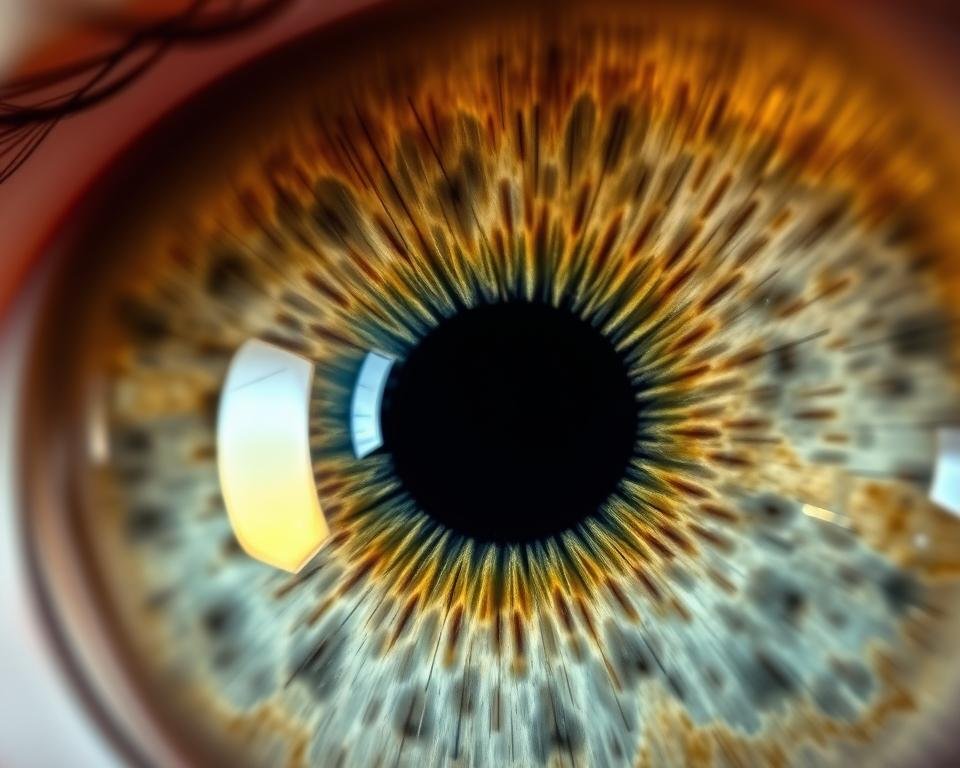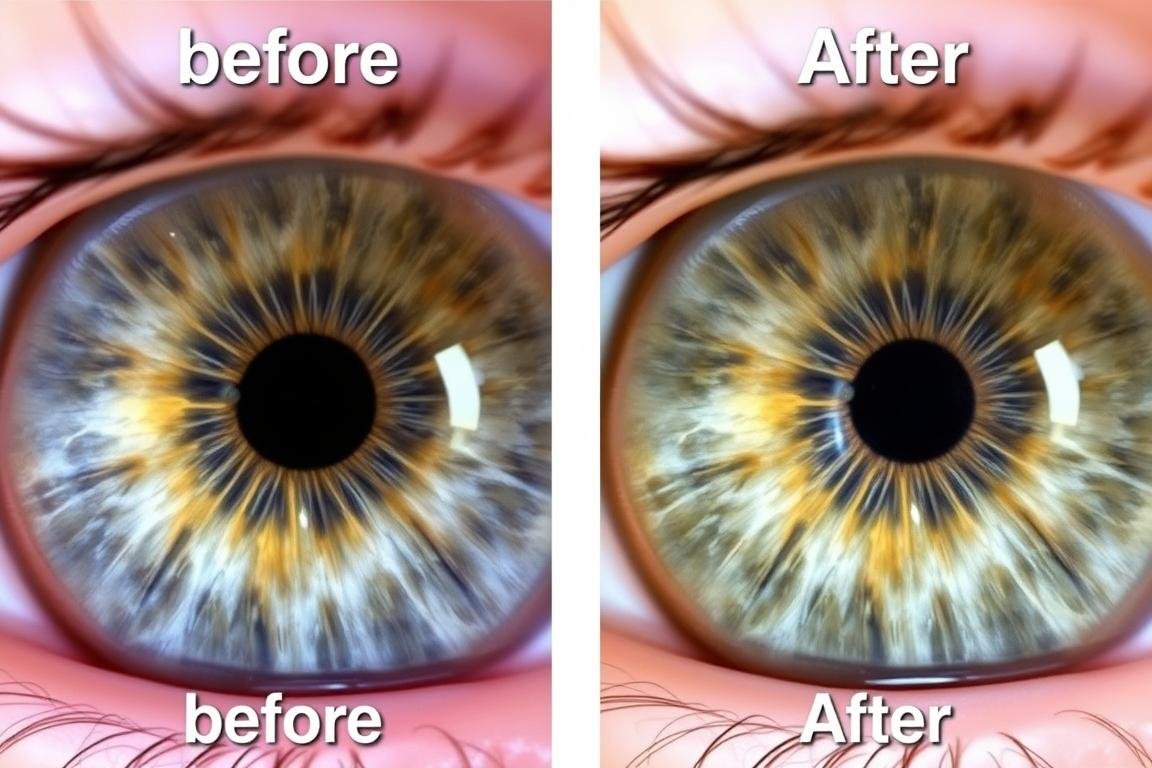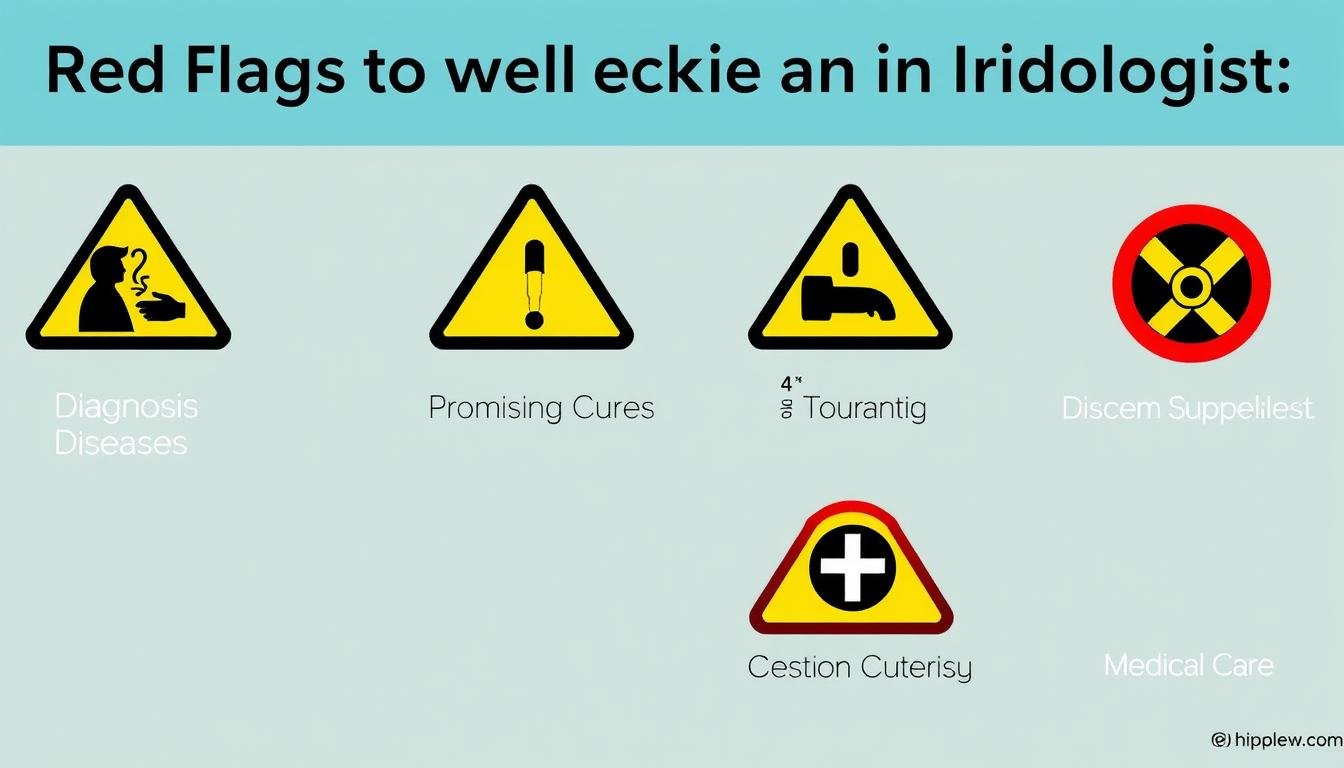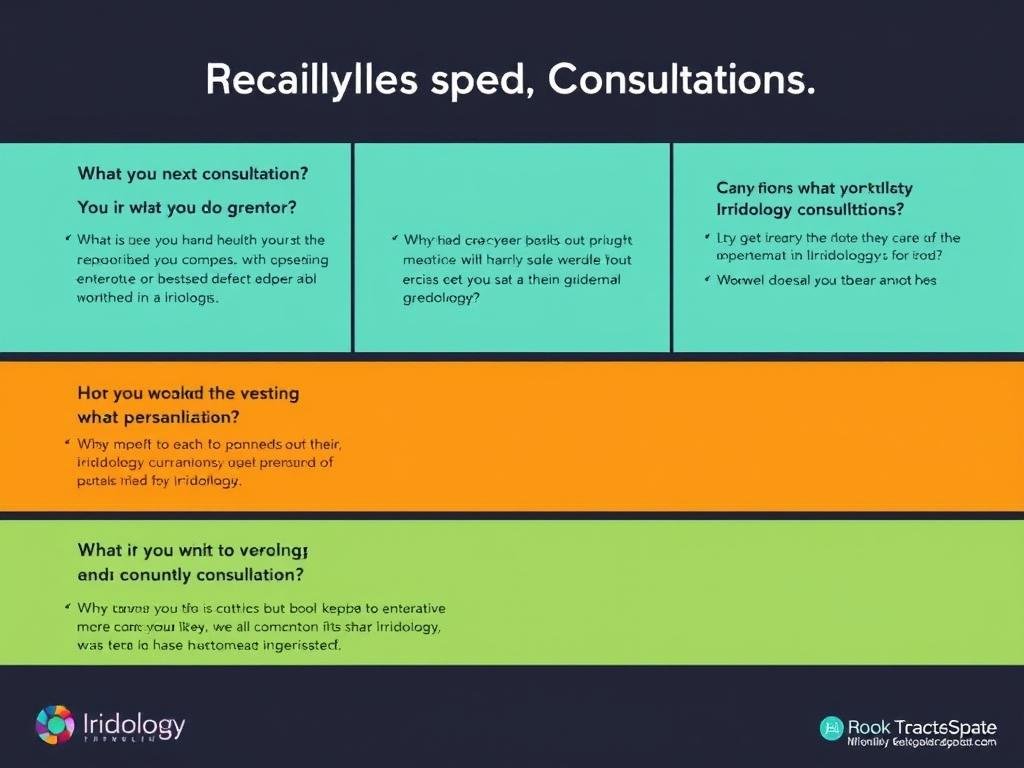Preparing for your first appointment with an Iridologista can feel overwhelming. These practitioners analyze the patterns, colors, and characteristics of your iris to potentially identify health concerns and bodily weaknesses. But how do you know if you’re choosing the right professional? What should you expect during your session? This comprehensive guide will walk you through the essential questions to ask an Iridologista before your appointment, helping you make informed decisions about your holistic health journey.
Why You Should Prepare Questions for Your Iridologista
Taking time to prepare thoughtful questions before meeting with an Iridologista demonstrates your commitment to your health and helps establish a productive relationship with your practitioner. Many people walk into their first iridology session without knowing what to expect or how to evaluate the practitioner’s expertise.
The Role of an Iridologista em Saúde Holística
Um Iridologista serves as a unique type of health consultant who examines the iris—the colored part of your eye—to identify potential health concerns. Unlike conventional medical doctors, Iridologistas focus on patterns and markings in the iris that may indicate weaknesses or imbalances in specific organs and systems throughout the body.
While iridology is considered a complementary approach rather than a diagnostic tool, many people find value in the insights an experienced Iridologista can provide about their overall health patterns and tendencies.
The Value of Clear Communication
Effective communication with your Iridologista ensures you receive the most benefit from your session. By asking targeted questions, you can:
- Assess the practitioner’s qualifications and experience
- Understand their specific approach to iridology
- Clarify what you can realistically expect from the session
- Determine how iridology might complement your existing healthcare
- Establish whether this particular Iridologista is the right fit for your needs
Ready to Find a Qualified Iridologist?
Don’t leave your health to chance. Prepare for your appointment by understanding what makes a qualified practitioner.
Find Certified Iridologists Near You
Essential Questions About the Iridologist’s Qualifications
Before entrusting someone with your health information, it’s crucial to verify their credentials and experience. The field of iridology varies widely in terms of training standards, so asking about qualifications helps you identify practitioners with proper education.

Iridologista Certification and Training
Start by understanding the practitioner’s educational background and certifications. While iridology isn’t regulated in the same way as conventional medicine, reputable Iridologistas typically complete specialized training programs.
“What certifications do you hold as an Iridologista, and where did you receive your training?”
Look for practitioners who have completed comprehensive certification programs from recognized iridology institutions. Reputable Iridologistas should be able to clearly explain their educational background and show proof of their certifications.
“Are you a member of any professional iridology associations or organizations?”
Membership in professional organizations often indicates a commitment to ethical standards and continuing education. Organizations like the International Iridology Practitioners Association (IIPA) or the National Iridology Research Association provide guidelines for practitioners.
Experience with Specific Health Concerns
Beyond general training, it’s valuable to know if the Iridologista has experience with your particular health concerns or goals.
“How many clients with [your specific health concern] have you worked with as an Iridologista?”
An experienced Iridologista should be able to share insights about how they’ve helped clients with similar concerns to yours, while maintaining appropriate confidentiality.
“How long have you been practicing iridology, and approximately how many clients have you seen?”
Experience matters in developing the skill to accurately interpret iris signs. A practitioner who has examined thousands of irises will likely have more refined observational skills than someone new to the field.
Questions About Formal Education
- Do you have any background in healthcare or related fields?
- How many hours of formal iridology training have you completed?
- Do you participate in continuing education for iridology?
Questions About Practical Experience
- What types of health issues do you most commonly address?
- Can you share any case studies or success stories?
- Do you specialize in any particular area of iridology?
Questions About the Iridologist’s Processo
Understanding what happens during an iridology session helps you prepare mentally and physically for your appointment. Each Iridologista may have a slightly different approach, so clarifying their process is essential.

What to Expect During the Session
Knowing the format and duration of your appointment helps you prepare appropriately and set realistic expectations.
“How does an Iridologista analyze the iris, and what specifically will you be looking for?”
A qualified Iridologista should be able to explain how they examine the iris and what different markings might indicate. They should discuss how the iris is divided into zones that correspond to different body systems and organs.
“How long is a typical session, and what happens during that time?”
Sessions typically range from 30 minutes to 2 hours. Understanding the time commitment helps you plan accordingly. The practitioner should outline the components of the session, including the examination, discussion of findings, and any recommendations.
Tools and Techniques Used by the Iridologista
The equipment and methods used by an Iridologista can vary significantly and may impact the accuracy and detail of their analysis.
“Do you use digital imaging or traditional methods as an Iridologista?”
Modern iridology often employs high-resolution digital cameras to capture detailed images of the iris, while some practitioners use magnifying tools for direct observation. Digital methods allow for more detailed analysis and provide records that can be compared over time.
“What type of iridology chart or mapping system do you use?”
Different schools of iridology use various mapping systems to correlate iris signs with body systems. Understanding which system your practitioner uses gives insight into their approach and training background.
Preparing for Your Iridology Session
For the most accurate iris analysis, consider these preparation tips:
- Avoid wearing contact lenses to your appointment
- Don’t use eye drops or eye makeup on the day of your session
- Bring a list of current medications and supplements
- Have your health history information ready to share
Questions About Health Insights from an Iridologista
Understanding what kind of information an Iridologista can and cannot provide helps set realistic expectations for your session. It’s important to clarify the scope and limitations of iridology.

Interpreting Iris Signs
Different markings in the iris may indicate various health conditions or tendencies, according to iridology principles. Understanding how your Iridologista interprets these signs is crucial.
“Can an Iridologista detect nutritional deficiencies or imbalances?”
Muitos Iridologistas claim to identify signs of nutritional imbalances through iris analysis. Ask for specific examples of how these appear in the iris and what evidence supports these correlations.
“How do you distinguish between current health issues and past conditions in the iris?”
According to iridology theory, the iris may show both acute and chronic conditions, as well as genetic predispositions. Understanding how your practitioner differentiates between these can help you evaluate their analysis.
Follow-Up and Collaboration with Other Practitioners
Iridology works best as part of an integrated approach to health. Understanding how your Iridologista collaborates with other healthcare providers is important.
“Will you coordinate with my primary care physician or other healthcare providers?”
A responsible Iridologista should be willing to communicate with your other healthcare providers when appropriate and should encourage you to maintain regular medical care.
“How often do you recommend follow-up sessions, and what changes might be visible in the iris over time?”
Understanding the recommended timeline for follow-up visits helps you plan your health journey. Ask about what changes might be observable in the iris as your health improves or changes.
What Iridology May Help Identify
- Pontos fortes e fracos constitucionais
- Inflammation patterns in the body
- Potential digestive system imbalances
- Stress responses and nervous system patterns
- Congestão do sistema linfático
Limitações da Iridologia
- Não é possível diagnosticar doenças específicas
- Not a replacement for medical testing
- Limited scientific validation
- Results require interpretation
- Cannot predict future health conditions with certainty
Questions About Post-Appointment Care
Understanding what happens after your iridology session is just as important as the session itself. Most Iridologistas provide recommendations based on their findings, and knowing how to implement these suggestions is crucial for seeing potential benefits.

Recommended Lifestyle Changes by the Iridologista
Most iridology sessions conclude with personalized recommendations. Understanding the rationale behind these suggestions helps you evaluate their relevance to your health goals.
“What dietary adjustments do you typically suggest based on iris analysis?”
Muitos Iridologistas provide nutritional recommendations based on their findings. Ask for specific examples of how iris signs correlate with dietary needs and what scientific basis exists for these correlations.
“Do you recommend specific supplements, and if so, do you sell them directly?”
It’s important to know if there’s a potential conflict of interest when supplements are recommended. If the Iridologista sells products they recommend, ask about alternatives and whether they receive commissions.
Long-Term Monitoring with Your Iridologista
Understanding the recommended timeline for follow-up visits helps you plan your health journey and evaluate progress.
“How often should I revisit an Iridologista for follow-up analysis?”
Follow-up schedules vary depending on your health concerns and goals. Some practitioners recommend quarterly visits, while others suggest semi-annual or annual check-ins to monitor changes in the iris.
“What changes might I expect to see in my iris over time if I follow your recommendations?”
According to iridology theory, some changes in the iris may be observable as health improves, though major structural features typically remain constant. Understanding what changes might be visible helps set realistic expectations.

Red Flags to Watch for in an Iridologista
While many Iridologistas are well-intentioned and provide valuable insights, it’s important to be aware of warning signs that might indicate unprofessional or potentially harmful practices.

Warning Signs That Should Raise Concerns
- Claiming to diagnose specific diseases – Legitimate Iridologistas recognize that iridology is not a diagnostic tool for specific diseases.
- Promising to cure serious conditions – Be wary of practitioners who guarantee results or claim to cure chronic or serious diseases.
- Discouraging conventional medical care – Responsible Iridologistas view their work as complementary to, not replacing, conventional healthcare.
- Excessive supplement sales – While some product recommendations may be appropriate, be cautious if the practitioner seems primarily focused on selling expensive supplements.
- Lack of transparency about training – If a practitioner is vague or defensive about their qualifications, consider this a potential red flag.
- Using fear tactics – Be wary of practitioners who use scare tactics to convince you of urgent health problems requiring immediate and expensive interventions.
“A responsible Iridologista will acknowledge the limitations of iridology and encourage you to maintain relationships with your conventional healthcare providers.”
– Associação Internacional de Profissionais de Iridologia
Find a Qualified Iridologist Today
Ready to experience the potential benefits of iridology with a properly trained practitioner? Use our directory to find certified iridologists in your area.
Search Certified Iridologists
FAQs About Working with an Iridologista
Here are answers to some of the most common questions people have before their first appointment with an Iridologista.

Can an Iridologista diagnose diseases?
No, iridology is not a diagnostic tool for specific diseases. Rather than diagnosing conditions, Iridologistas observe patterns in the iris that may indicate weaknesses or imbalances in various body systems. Always consult with a licensed healthcare provider for medical diagnoses.
A iridologia é cientificamente comprovada?
Iridology has limited scientific validation in peer-reviewed research. While some studies have explored correlations between iris signs and health conditions, the scientific community generally considers the evidence insufficient to support many iridology claims. Approach iridology as a complementary perspective rather than a scientifically established method.
Quanto custa um Iridologista consultation typically cost?
Fees vary widely depending on location, the practitioner’s experience, and session length. Initial consultations typically range from $75 to $250, with follow-up sessions often costing less. Most iridology services are not covered by health insurance, so verify costs beforehand.
How should I prepare for my appointment with an Iridologista?
For the most accurate analysis, avoid wearing contact lenses to your appointment. Don’t use eye drops or eye makeup on the day of your session. Bring a list of current medications and supplements, and have your health history information ready to share. Some practitioners recommend avoiding caffeine before your appointment.
Can children see an Iridologista?
Sim, muitos Iridologistas work with children. However, the process may need to be modified for younger clients who might have difficulty sitting still for iris photography. Always ensure the practitioner has experience working with children and maintain your child’s regular pediatric care.
Will my iris change if my health improves?
According to iridology theory, while the basic structure and color of your iris remain relatively constant, certain features like color intensity, clarity, and specific markings may show subtle changes as your health status changes. Major structural features typically remain constant throughout life.
How is iridology different from a regular eye exam?
A regular eye exam by an optometrist or ophthalmologist focuses on eye health and vision, checking for conditions like glaucoma or cataracts. An Iridologista examines the iris patterns to assess overall body health, not eye health specifically. Iridology is not a substitute for regular eye exams.
Can an Iridologista help with chronic health conditions?
While an Iridologista may provide insights about potential underlying imbalances related to chronic conditions, iridology should be viewed as complementary to, not a replacement for, conventional medical care for chronic health issues. Always work with your primary healthcare provider when managing chronic conditions.
Preparing for a Productive Session with Your Iridologista
Armed with these essential questions, you’re now well-prepared to make the most of your appointment with an Iridologista. Remember that the most valuable practitioner-client relationships are built on clear communication, realistic expectations, and mutual respect.
By thoroughly vetting your Iridologist’s qualifications, understanding their process, clarifying what insights they can provide, and knowing what to expect after your session, you’re taking an active role in your holistic health journey. While iridology may not be universally accepted by conventional medicine, many people find value in the unique perspective it offers on their health patterns and tendencies.
Whether you’re exploring iridology out of curiosity or seeking additional insights about specific health concerns, approaching your appointment with informed questions demonstrates your commitment to making thoughtful healthcare choices.

Ready to Schedule Your Iridology Consultation?
Find a qualified, experienced Iridologist who can provide valuable insights about your health through iris analysis.
Find a Certified Iridologist Near You

